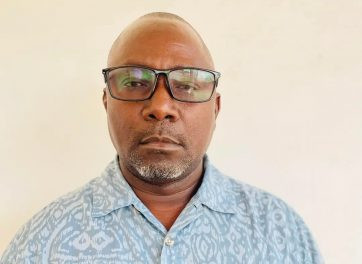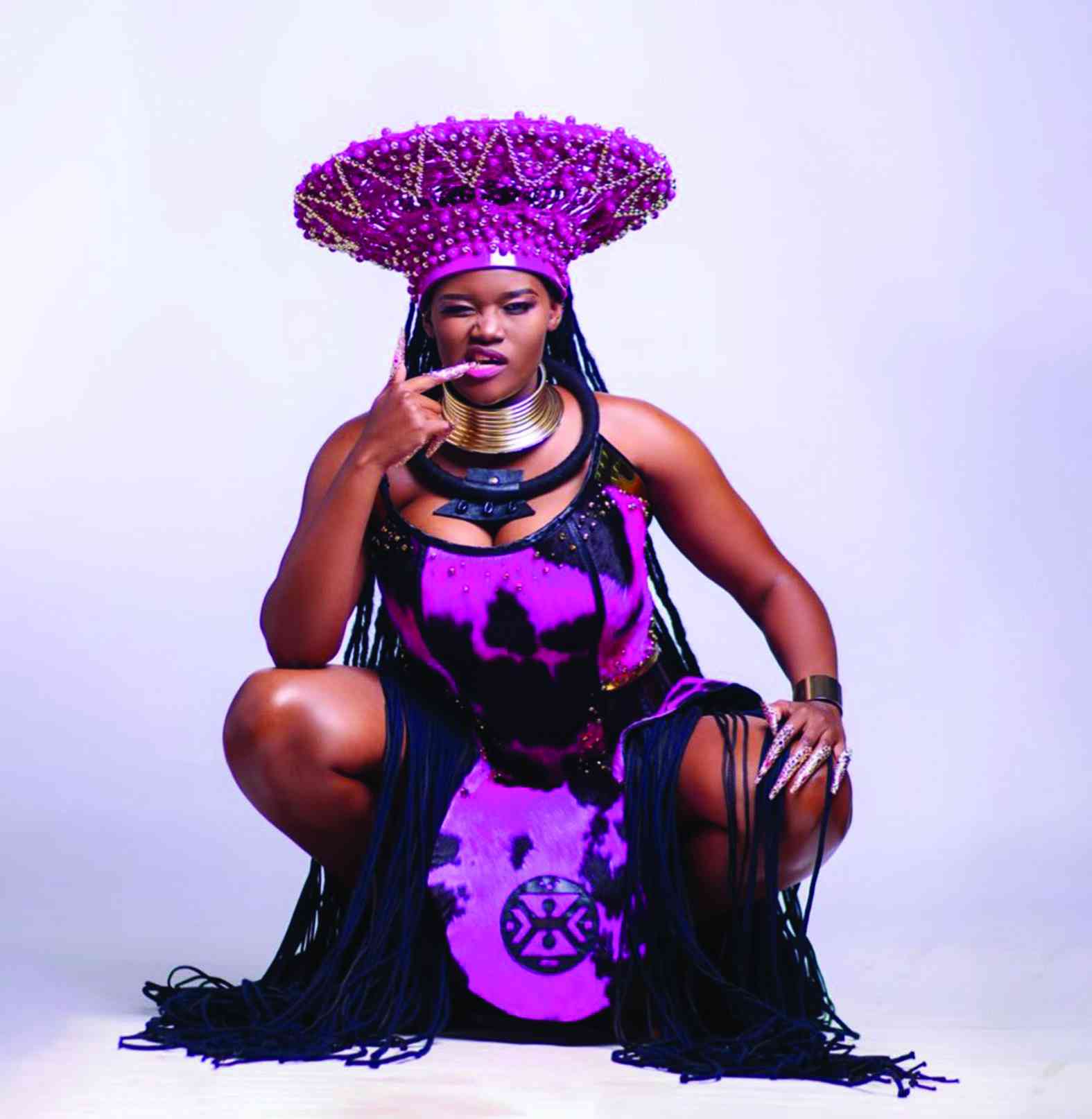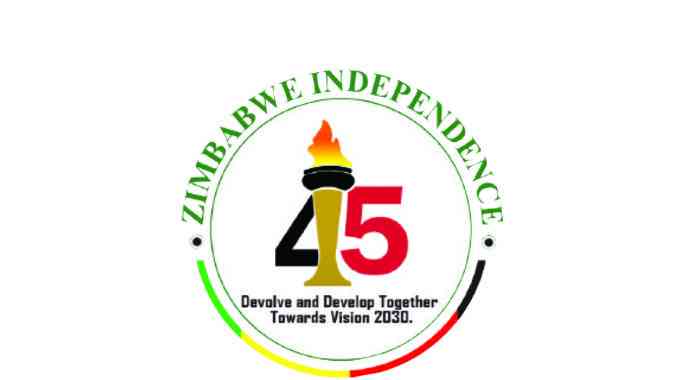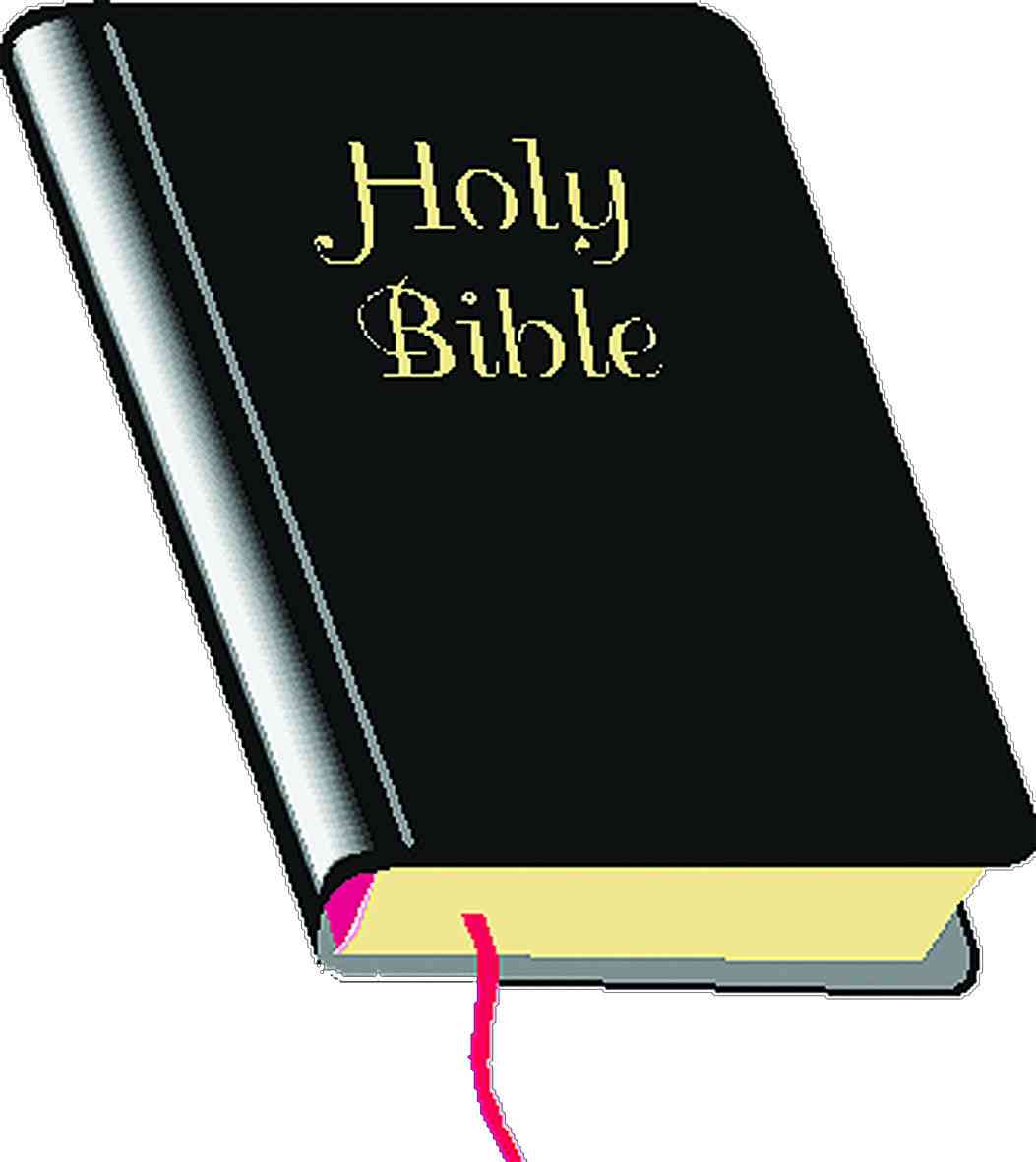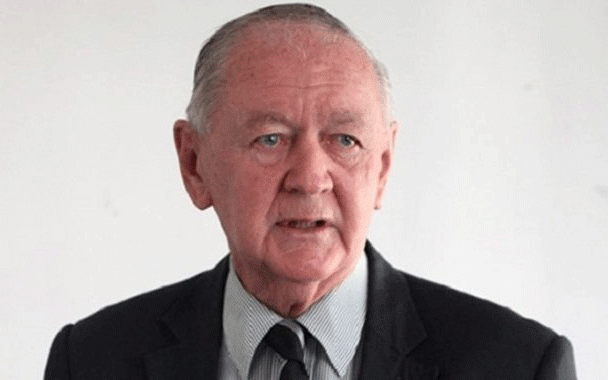
WE are now well and truly on our way towards elections to be held on August 23 with nominations finalised this past week. There are about 2 500 positions up for grabs and we have about 10 000 nominees. Only 53 local government seats were uncontested. In 2018 we had 23 candidates for president — this year 11. The interesting one is Saviour Kasukuwere who does not even have a party to back him. How he intends to govern if he wins is not altogether clear.
It is widely recognised that Zimbabwe has held national elections on a regular basis since independence in 1980. We seem to have gone through phases in this aspect of our national life. From 1980 to 2000, the main emphasis in our elections was how to maintain an effective one-party State. Opposition was not tolerated and the governing party spent a lot of its time and resources destroying any sign of effective opposition. This may have been partly cultural because traditional political cultures in Africa do not recognise the principle of “loyal opposition”. But the main motivation was to hold on to power at any cost.
The international community, led by Britain as the former “colonial” power, ignored these shortcomings in the early years, even ignoring what is now recognised as a genocide in the Gukurahundi campaign between 1983 and 1987 when the governing party crushed what was left of opposition Zapu. Absolute power corrupts and this became steadily more apparent as time went by. Poor economic policies and ruthless political activities led to dismal economic performance. Rising criticism of the governance situation, widespread corruption and human and political rights violations, led to increasing isolation and the withdrawal of international support.
Then we had the phenomenon of the emergence of the Movement for Democratic Change led by Gibson Sibanda and Morgan Tsvangirai. The key player was Tsvangirai who had been secretary-general of the Zimbabwe Congress of Trade Unions for a decade. He had come to the conclusion that the governing party, Zanu PF, was no longer governing in the interests of the people and he canvassed the idea of launching a real opposition party to try to force change. He quietly travelled the length and breadth of the country, speaking on farms, in factories and towns.
After independence in 1980, the trade union movement was able to grow rapidly because of support from the ILO and European trade unions. Tsvangirai himself had a natural intelligence but little formal education. Systematic support from the Europeans gradually created a large organisation in Zimbabwe. Over 70 trade unions (up from three) and over 500 000 members (up from 30 000) gave Tsvangirai a base from which he was able to create a nationwide organisation of cells, committees and other structures that was to become the MDC.
I had been working with Tsvangirai as chairperson of the Industrial Employers Association and in 1999 I got a call from him to say would I join the national executive as secretary for economic affairs. I said yes and was flung into the maelstrom of Zimbabwean politics.
For Zanu PF and Robert Mugabe it was an earthquake. They lost the referendum vote in March 2000 and then nearly lost the parliamentary elections in September. Zanu PF leaders suddenly realised they were in the fight of their lives. The result was, not a quiet shift in gear to a multiparty democratic State, instead we had a democratic war on our hands. Zanu analysed the 2000 elections and found that the farm vote held the balance of power with 600 000 farm workers and their wives voting MDC — it appreciated the urban vote was probably lost, but it had held on to a clear 85% majority in the communal farming areas.
The result, the “fast track land reform programme”, in a very short period of time the great majority of white farmers had been stripped of their land, assets and their staff terrorised. By 2005, the party and its agents had clear physical ground control in all rural areas. The number of seats in urban areas were manipulated and reduced as a proportion of total seats and full political control was effected over the election process itself. The voters role was manipulated and distorted, hundreds of thousands of otherwise eligible voters were removed from the roll.
- ED heads for Marange
- ‘Zimbos dreading 2023 elections’
- Your Excellency, the buck stops with you
- We’ll unleash our dogs: Zanu PF
Keep Reading
We then went through what now I would term a period of voter manipulated elections. In the 2002 presidential elections, Tsvangirai won by a clear majority. Hundreds of thousands were turned away at polling stations, the counting was done in secret and the final result bore no resemblance to what actually happened. Then they decided to combine the local and national elections into one event and in 2005, we had another election. This time observed by a panel of judges from South Africa whose report has never been made public but which clearly stated that the elections had not been properly conducted or the results counted fairly.
What we in the MDC did not appreciate at the time, was that ANC had carefully analysed the 2000 elections and concluded that if it sat back, the MDC would take power. It feared that this would encourage Cosatu, the South African trade union movement, to follow the MDC lead and leave ANC. This then put it firmly in the Zanu PF camp and in the next decade it would do everything in its power to prevent an MDC victory.
The problem with this policy stance and strategy was that the Mugabe government did not co-operate and the collapse of the economy that started in 2002, created its own momentum. Millions left the country and two-thirds migrated to South Africa. The Mbeki government was forced to intervene.
The 2008 election — the fourth that the MDC had contested, was conducted under South African supervision. Mugabe was forced to fight what was perhaps the first really democratic election since 1980. The outcome was catastrophic. Mugabe got 27% of the vote, Tsvangirai (54%) and Simba Makoni a shock 18%. Faced with the spectre of an outright victory for the MDC and Tsvangirai, the hardliners, I suspect with the OK from Pretoria, manipulated the vote and forced a re-run. In the re-run Mugabe unleashed a savage campaign of violence and intimidation and eventually Tsvangirai pulled out of the election. Mugabe went ahead and claimed massive victory.
The only problem was that neither Sadc nor AU would accept this farce and Sadc mediator Thabo Mbeki was mandated to negotiate for a Government of National Unity. This lasted from 2009 to 2013 when the South Africans took their eyes off the ball again and Zanu PF took a shock victory and resumed full control of the State. However, the end of the Mugabe era was looming and in 2017 the army took control and ushered in a new government under Emmerson Mnangagwa. In 2018, he went to election and secured a narrow victory over the new leadership of the opposition following the death of Tsvangirai.
What did we achieve during the decade of democratic war? Just before he died I went to see Tsvangirai at his home and had an early morning breakfast with him. By then we were good friends and had deep respect for each other. I said to him that he had successfully brought us back as a democratic State after 20 years of one-man, one-party rule. He smiled and said, “ Perhaps, but at what a cost?”
But we are a democracy after sorts and this is a huge step forward for us as a country. In the coming election, the President knows he has a fight on his hands.
I am not happy with the state of the opposition, but it is there. We have a diverse media, freedoms of speech and assembly, when the results are announced on August 24 they will be real and verifiable — that was never the case under Mugabe. This is progress.
Eddie Cross is an economist and former Bulawayo South legislator. He writes here in his personal capacity.

